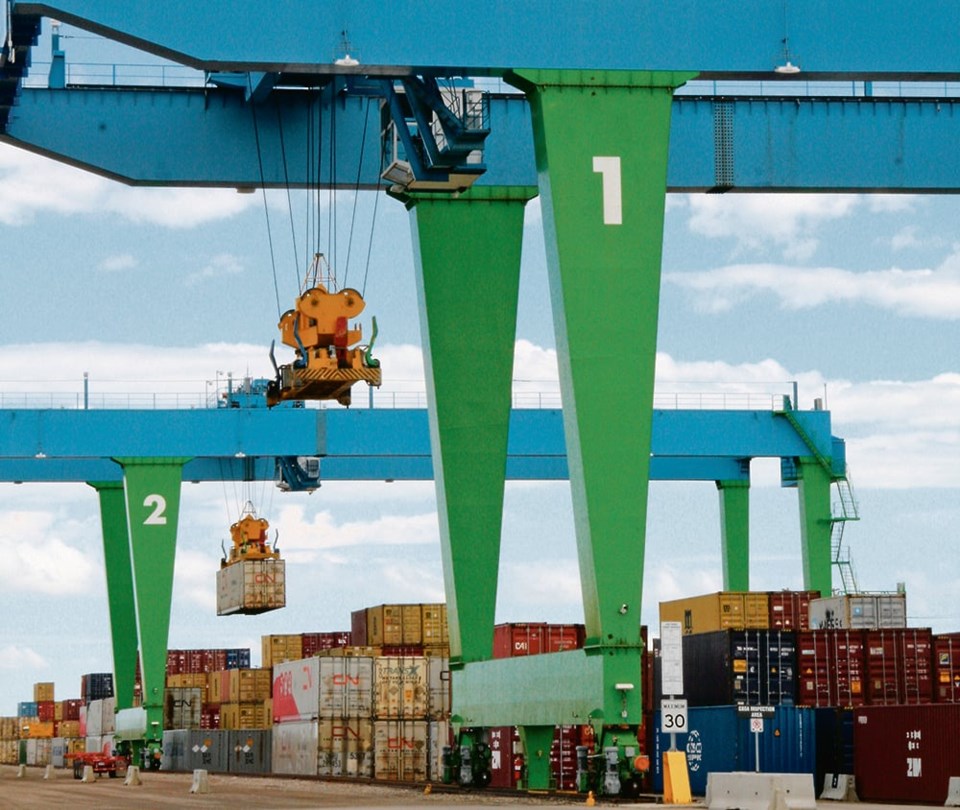WESTERN PRODUCER — Canada is good at building coalitions and consensus.
Maybe it’s time to get tougher.
“Why are you so concerned about upsetting people?” posed CropLife International President Emily Rees at the Canadian Crops Convention.
Canada could benefit from being “a little less sorry and not having the same fear of upsetting trade partners and being a bit more assertive in defending the interests of Canada.”
That suggestion came from a question posed to Rees about where Canada could find somebody like the United States to push the open trading cart back onto the path.
“Why do you need a partner?”
Rees is British and her organization is based in Brussels, the European Union capital, so she’s got a broad view of the international trading reality. Her organization, representing the biggest global players in crop products, has a vested interest in protecting and preserving the world’s rules-based and science-based trading system.
That system has been under attack for most of a decade now, making trade in agricultural products challenging. It’s also making it hard for farmers in all countries who rely upon global markets. It’s hard to invest in the production of export commodities when they are repeatedly blocked by trade barriers, hammering down their profitability.
Canada has a vested interest in rejuvenating the world trading order. For Western Canada, the need is critical, with most of what we produce here needing to find homes outside our borders. Farming on the Prairies is based upon production and export, which is why we spend so much time talking about grain transportation.
The country has done a great job in stoking the remaining embers of pro-trade sentiment, most recently with the formation of the Ottawa Group, which unites many of the advanced and exporting nations of the world. The Europeans and British are members, as are Australia and Brazil. Japan and Â鶹ÊÓƵ Korea are part of the gang.
That’s a good foundation upon which to build.
But Rees’s point is that being a convenor of coalitions might not be enough any longer. Getting free-flowing trade back on the rails might need somebody to be less conciliatory and consensus building, and to create awkward moments where spades are called spades. Should that somebody be Canada?
With both the European Union and U.K. we have a shared support for the principle of rules-based trade, but we have trade conflicts with both. The U.K.-Canada trade talks have broken down over beef and cheese, while there are numerous disputes with the EU over non-compliance with the Canada-EU free trade deal and WTO rules.
Confronting our trade partners about their trade hypocrisies, and being able to hear their complaints about ours (supply management, anybody?) would be awkward if Canada was willing to have more honest and forthright relations with our trading partners. Is Canada up for that?
It’s hard to see it happening any time soon. The Canadian government has been operating with minority governments for most of the past two decades. Neither of our dominant political parties wants to risk upsetting farmers in the run-up to the next federal election.
As veteran Canadian agricultural trade negotiator Steve Verheul observed, “I get the sense they’re overwhelmed by day-to-day issues.”
Canada might serve an invaluable role in championing rules-based trade, but until our next election is passed and somebody feels confident that they’ll be able to have a few years to take on a daunting agenda like that, it’s hard to see Canada rising to the challenge.
Still, it’s nice to think of a Canada that could act more self-assured and willing to stand its ground. We might do better than we fear.




